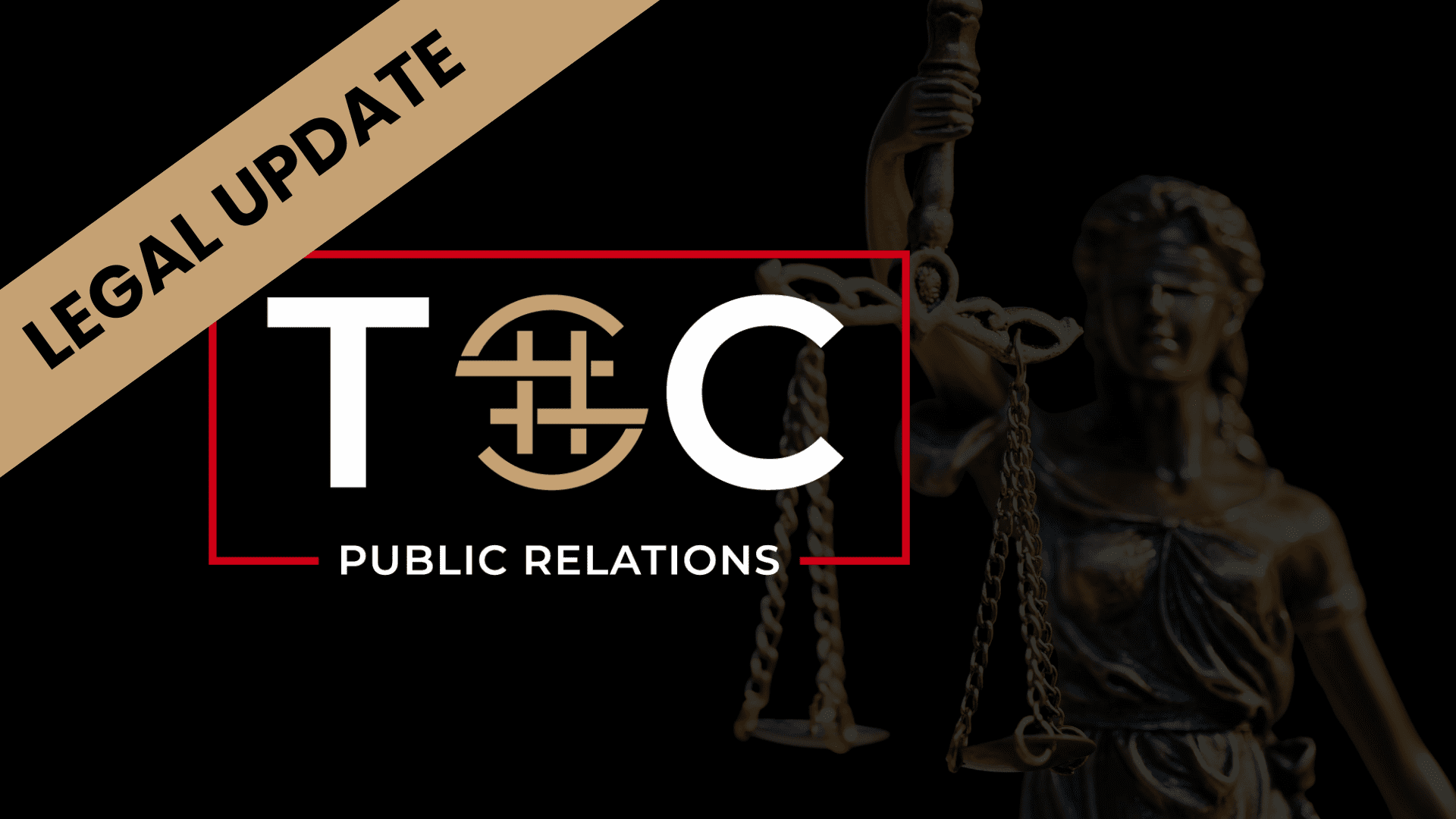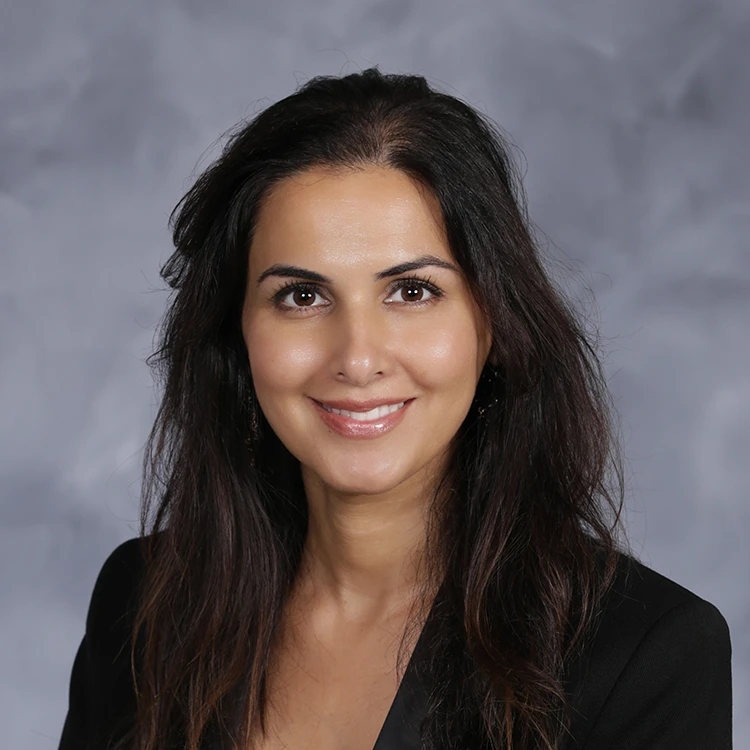All across our country, police officers, deputy sheriffs, firefighters, and other public safety personnel have created accounts on Instagram, TikTok, Facebook, etc. The majority of these accounts and posts are a way to share information and keep in touch with family and friends.
But, what happens if the lines between sharing your story and your power as a government official is blurred? If you are in law enforcement, public safety, or government and use social media, you need to read this article. Let’s dive in…
On March 15, 2024, the U.S. Supreme Court tackled government official’s free speech rights. In Lindke v. Freed, the court unanimously held that government employees could maintain their First Amendment Rights so long as they are not acting on behalf of the government. The ruling means government employees could block, delete, or mute others on their personal social media accounts.
The new test hinges on whether the social media interaction by the government employee is a state action or private conduct. The Court held that a public official’s social media activity constitutes state action under Section 1983 only if the official:
-
- Possessed actual authority to speak on the State’s behalf on a particular matter, and
- Purported to exercise that authority when speaking in the relevant social media posts.
Factual Summary
James Freed is a proud father and husband. In 2008, he created a private Facebook Profile to post content about his family and personal life.
In 2011, he became the city manager of Port Huron, Michigan. In 2014, Freed changed his privacy settings to make his profile publicly accessible. Sometimes, he used social media for personal reasons. Other times, he would respond to comments on his posts, including those left by city residents, with inquiries about community matters. He occasionally deleted comments that he considered “derogatory” or “stupid.”
Kevin Lindke commented negatively on Freed’s profile about how the city handled COVID-19. Freed blocked Lindke and deleted his comments. Lindke filed a suit against Freed, claiming Freed had violated 42 U.S.C. §1983 for deprivation of his free speech right. Lindke alleges that a public official (Freed) cannot prohibit him from speaking in a public forum.
The District Court ruled that Freed managed his Facebook profile in his private capacity and not as a government employee. The Sixth Circuit affirmed. The Supreme Court took the matter because the Sixth Circuit’s analysis differed from the approach taken by the Ninth Circuit in a similar case.
In the Ninth Circuit case, Garnier v. O’Connor-Ratcliff, two California school board members blocked parents on social media. The Ninth Circuit found the school board members were acting “under the color of state law” and violated the First Amendment. The Supreme Court established a two-part test and sent Lindke and Garnier back to the lower courts “for further proceedings consistent with our opinion” in Lindke.
“In public safety, you can help protect your First Amendment Rights by keeping your personal social media separated from your professional life. Plain and simple.”
What is Section 1983?
Section 1983 is a federal law allowing a member or members of the public to sue government officials if the government deprives a person of a federal, constitutional, or statutory right under the color of state authority. If a government official deprives another person of due process or free speech, for example, that person can sue for damages and attorney’s fees under Section 1983.
The New Test: Part One
The Supreme Court’s ruling rests on the foundational constitutional law principle that government action is required for a § 1983 lawsuit. The Court’s reasoning is logical. To prove a civil rights violation alleging an abuse of power, the government official must possess that power in the first place.
The potential sources of authority to speak on behalf of the State are: “statute, ordinance, regulation, custom, or usage.” The words “custom” and “usage” encompass “persistent practices of state officials” that are “so permanent and well settled” that they carry “the force of law.”
The justices acknowledged sometimes, however, that the line between private conduct and state action is challenging to draw. “Private parties can act with the authority of the State, and state officials have private lives and their own constitutional rights.” Although the government official’s actions could be seen as official, it doesn’t mean the person actually has the authority to speak on behalf of the government. Once the facts establish a person has the authority to speak on behalf of the government, then the analysis moves to part two.
The New Test: Part Two
The second prong developed by the Court continues beyond the authority of the government official. Once the official has the authority, their posts and online actions must demonstrate that they intend to use that authority.
The Court cautions government officials on this point, “[i]f page-wide blocking is the only option, a public official might be unable to prevent someone from commenting on his personal posts without risking liability for also preventing comments on his official posts. A public official who fails to keep personal posts in a clearly designated personal account therefore exposes himself to greater potential liability.”
Example Case
A police officer posts a picture of herself in uniform, surrounded by her family, celebrating her graduation from the academy. For the caption, the officer writes, “I finally did it. I passed the academy and can’t wait to start my new job. Thanks to my family and friends for supporting me.”
After posting this content on her social media, an individual makes a derogatory comment about the policing profession.
The new officer removes the comment. Would the officer’s actions allow the individual to sue? In this case, the answer would be no.
However, let’s put a twist to it. If the same officer is a social media administrator and posts a photo of a suspect being arrested, and the caption reads, “Today, officers of the Anytown Police Department arrested John Smith for armed robbery. Our department has filed criminal charges against him, and his court date is June 1.”
The same individual makes the same derogatory comment on this post, and the officer blocks the comment. Can the individual try to sue in this particular case? The answer would be yes because the context of her post is more like a public announcement stemming from her authority as a social media administrator. By blocking the individual, she could be seen as misusing her government authority by censoring his undesirable comments.
The Bottom Line
The strong influence of social media in society highlights the complexities of public safety employees’ use of personal social media platforms. A police officer or firefighter should not automatically lose their constitutional rights because of their uniform. Public officials have the right to speak about public affairs in their personal capacities.
This new standard set in Lindke will need some factual guardrails from the lower courts. Also, government officials can still be sued for violating the civil rights of their constituents if their social media pages are not distinctly personal accounts. The specific facts will be critical when determining whether or not the government employee’s actions on social media constitute official acts in a governmental capacity or their private speech.
Remember, although there is a path for an employee to express themselves on social media, official government pages are still restricted from interfering with the public’s legitimate constitutional rights. Beyond specific exceptions, the government cannot silence voices online based on the content of what is posted.
As a law enforcement officer, probation officer, or firefighter, the safest path is to be cautious on social media.
- Keep your personal social media accounts separate from your department or business accounts.
- Keep your personal accounts "private" to the extent the platform allows.
- Label the accounts as "personal" or "official."
- Stick to those labels in your posts and online actions.
- Do not block, mute, or otherwise silence citizens on your official account.
The answer to undesirable speech is not to silence it; the answer is more speech. The government’s response should provide the public with factual information— empowering them to evaluate and understand the facts to decide for themselves.
“This new case is about a government employee’s First Amendment rights– it does not mean your actions on your personal social media account may not still be an administrative issue for you and your agency. That is a different topic altogether.”
Context Matters
If online speech shares official actions or viewpoints or interfaces with constituents, that weighs in favor of speech made in the person’s official capacity. Personal complaints about work conditions may be protected speech, but official policies or actions may not. Therefore, to determine your risk of becoming a defendant in a 1983 action, it is pivotal to speak to your agency’s counsel to evaluate the specific content and resulting online actions.


